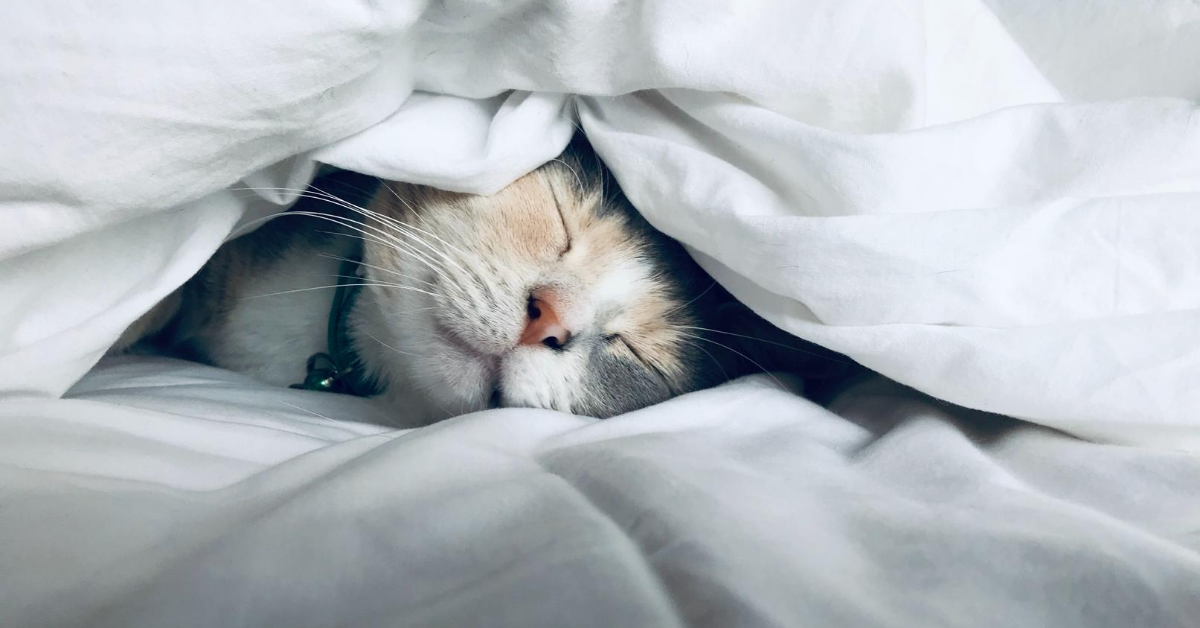
No, it’s not about how clean your sheets are.
Sleep hygiene refers to sleep habits and patterns. “Tidy” sleep hygiene includes bedtime practices and routines that optimize the quality of your sleep.
Struggling to catch those Zs or feeling like the cast of “The Walking Dead” might mistake you for a sleep deprived zombie? Dr. Ehrlich Tan, a sleep medicine specialist at Tryon Medical Partners, shares four things you should know to transform your sleep hygiene.
1. You can’t just catch up.
A busy, sleepless week can’t be atoned for by staying in bed on the weekend. Dr. Tan says, “Inconsistent sleep schedules may be preventing you from excellent sleep hygiene.”
Consistency doesn’t just mean making sure you’re hopping in bed at the same time each night. It also means waking up at the same time as tempting as it may be to sleep in.
2. Insomnia is not inevitable.
Dr. Tan offers a variety of suggestions to get your sleep schedule back on track. Besides trying to find consistency, indulging in excessive alcohol or late-night caffeine may be keeping you awake. Backlit screens and electronics should be avoided just before bed so put that phone away and stay off your gaming system. Resist the urge to keep busy right up to bedtime and that includes no work emails or chores around the house.
3. A cozy, cool space matters.
“Good sleep hygiene includes creating a dark, quiet, comfortable bedroom,” Dr. Tan says.
That means removing the television from your bedroom, avoiding bright lights and electronics before bed and creating a relaxing, quiet environment so you can settle down and prepare for sleep. Turn down the thermostat. According to the National Sleep Foundation, 60 to 67 degrees Fahrenheit is the optimal temperature for sound nighttime rest.
4. Exercise can help you reset.
Exercise, whatever time of day works for you, as long as you’re not elevating your heart rate too close to bedtime. Studies show those who work out regularly sleep better and longer than those who don’t. A morning walk can actually help you sleep better at night, by resetting your circadian rhythm after a poor night of sleep.
5. Know when it’s time to see a doctor.
If you’re following Dr. Tan’s suggestions for sleep hygiene but still find yourself unable to get the sleep you need, don’t hesitate to seek out the opinion of a physician.
“Board certified sleep medicine doctors have the training to assess one’s full sleep history and pattern to see if underlying issues may be the cause,” says Dr. Tan.
Sleep apnea, for example, is a common issue that prevents folks from getting a good night’s sleep despite adequate sleep hygiene and sleep time.
A physician can access your situation and formulate a plan to improve sleep.

